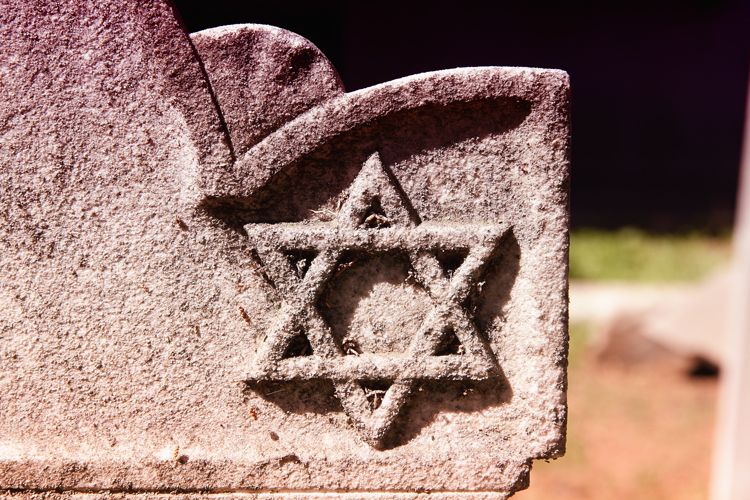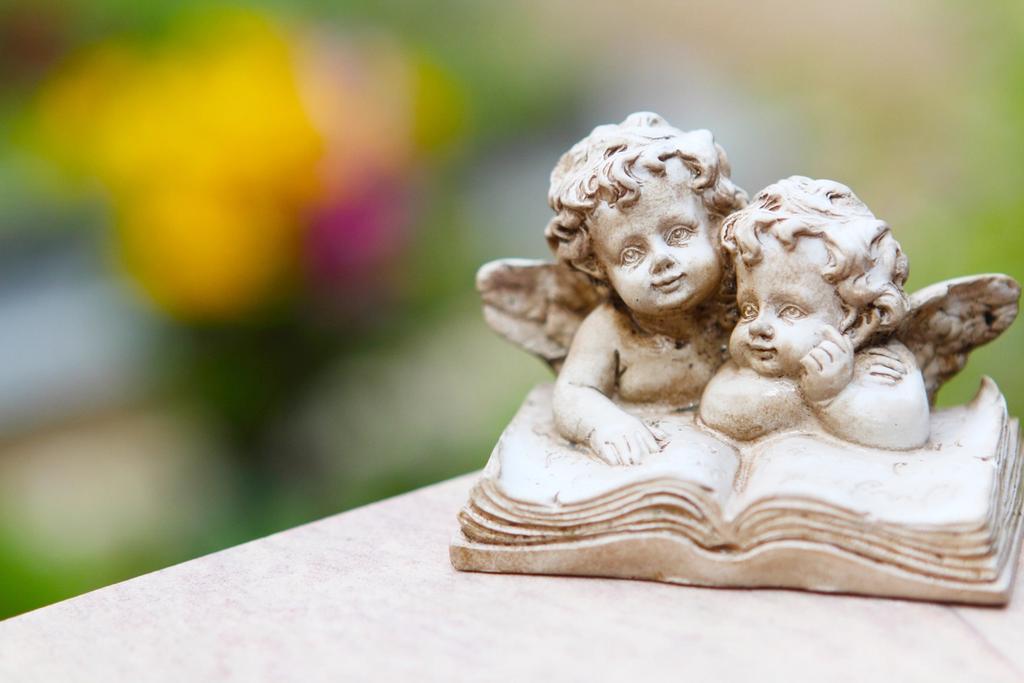How To Plan A Jewish Funeral: Everything You Need To Know In 7 Steps
Planning a traditional Jewish funeral, which has so many specific rules and rituals, can feel like a daunting task if you don’t know where to begin.

The task of planning a funeral often falls on the younger generation: children plan funerals for their parents; adult grandchildren plan funerals for their grandparents. In many cases, the younger generations are also the less religious generations, and the task of planning a religious funeral for one of our elders can feel challenging if we don’t know the traditions.
Note: The following steps are all the traditional features of a Jewish funeral. Depending on how religious your family is or how religious you’d like the funeral to be you might find that you don’t need or want to follow all of these requirements.
1. Opt for burial rather than cremation
Traditionally, Jews choose burial over cremation but these views can depend on the denomination of Judaism. The Jewish people believe that, “For out of it [the earth] wast thou taken: for dust thou art, and unto dust shalt thou return” (Genesis/Bereshit 3:19). That is, the body should be returned to the earth whole, as it was created. [Please refer to 13 Different Religious Perspectives on Cremation for more in-depth information.]
2. Bury as soon as possible!
Ideally the funeral should take place on the day of death. These days, with family and friends often living far away, it has become acceptable to delay the funeral a bit. That said, you should make an effort to bury as soon as you can.
There are exceptions to this rule, including if there are any legal issues surrounding the death that must be investigated, if the body must be transported from one city or country to another, or to avoid burial on Saturday or another holy day.
3. Refrigerate, don’t embalm
Unless required by law, Jews usually avoid embalming the body or applying cosmetics to the body—the idea being that the body should return to the earth pure, clean, and naked as it came from the earth. In some situations it may be legally required that the body be embalmed, in which case the secular law trumps the religious practice.
4. Choose a simple all-wood casket
In order to return the body to the earth as naturally and quickly as possible, Jewish custom dictates using an all-wood casket, usually made out of pine, with no metal parts. By using a wooden casket, both the body and the casket are biodegradable, and will disintegrate into the ground and become one with the earth. (Some Jewish caskets will have holes in the bottom to accelerate the rate of decomposition of the body.)
Select a simple casket. Jewish tradition dictates that this is not a time for over-spending. The only embellishment that is usually acceptable is a Star of David on the top.
5. Dress the deceased in a shroud (“tachrichim”)
It is traditional for Jews to be buried in a plain white linen or muslin shroud, rather than fancy clothes. The shroud is meant to symbolize purity and equity, as all are equal in the eyes of God. Also, there are no pockets in the shroud because it is believe that one cannot take any possessions into the next world. (In Hebrew, the process of dressing the body in the shroud is called “tachrichim.”) Men may also be buried in prayer shawls (“tallit” or “tallises”) and skullcaps (“kippah”).
6. Hire a “shomer”
Jewish people believe that the deceased should not be left alone before burial, and so someone must stay with the body from the moment of death until the body is in the earth. The person who says with the body is called a “shomer,” or “watchman.” A friend or family member may serve as the shomer, or a professional shomer can be hired to sit with the deceased and recite psalms. If the person who died belonged to a synagogue, the community may have members who volunteer to serve as shomer, so it’s a good idea to be in touch with the temple.
7. Contact a Chevra Kadishha
A Chevra Kadisha is a Jewish burial society that can oversee the preparations of the body and make sure that all Jewish rituals and laws are properly followed. If your community has a Chevra Kadisha, you may want to reach out to them, as they’ll have a good sense of the resources in your area and may be able to help you plan the funeral.
For more information, be sure to check out our article Jewish Funeral Traditions.
- How To Express Sympathy: What To Say And What...We’ve compiled a list of things to say—and things to avoid saying—when...Read more
- A Quick Overview Of Proper Funeral EtiquetteFunerals are emotionally complex, and knowing how to act can present a...Read more
- The Five Stages Of GriefAfter experiencing a loss, it's common to go through a range of emotions...Read more
- Funeral Pre-Planning Cheat SheetPlan now, rest later.Read more



